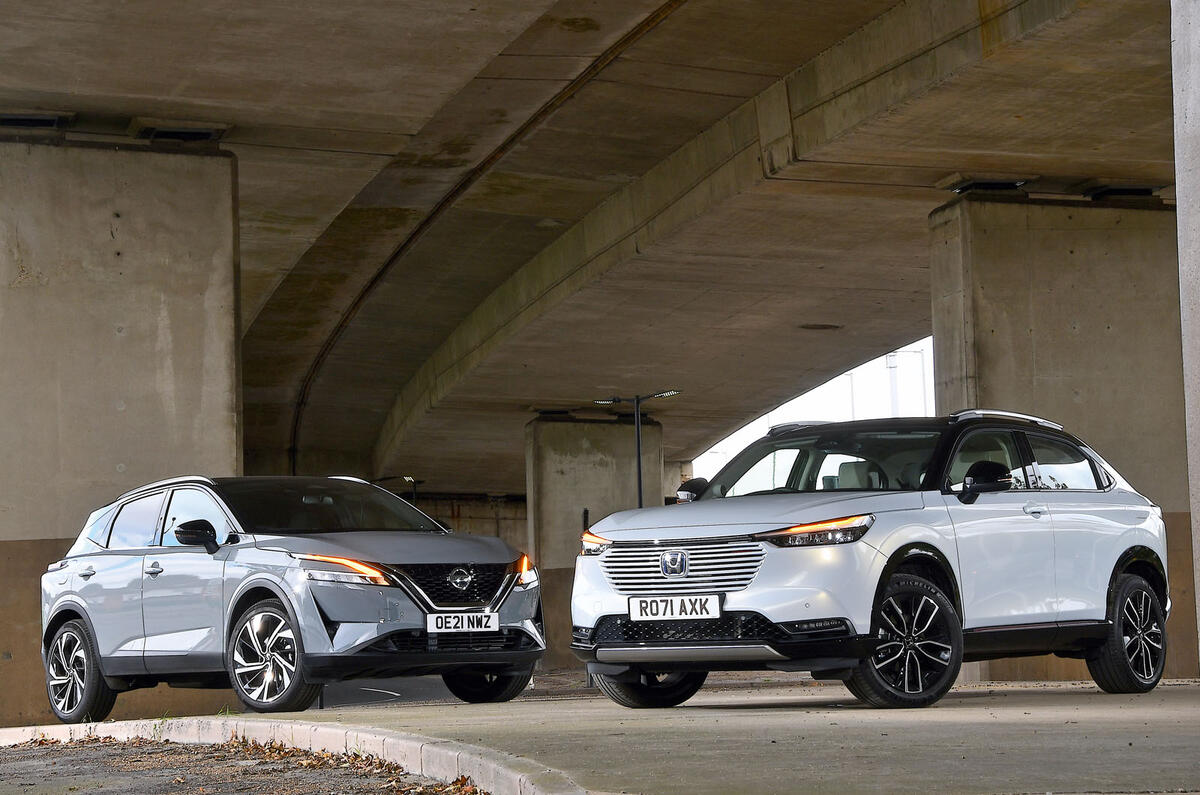Nissan and Honda have published fresh details of their new partnership on electric cars, revealing plans to co-develop a new platform, motors and batteries.
The Japanese firms have entered into a joint research agreement for a next-generation architecture for a software-defined vehicle, aiming to integrate technologies including autonomous driving and artificial intelligence.
These “will determine the value of vehicles in the future and become a source of competitiveness”, the two companies said in a statement.
Research on the new platform will end in around a year’s time, at which point it will be evaluated for further development with a view to using it for production cars.
Nissan and Honda will also develop shared battery modules and electric motors. Nissan will also consider using batteries produced by a Honda-LG joint venture, L-H Battery Company, in North America.
The move is intended to provide Nissan and Honda – both relatively small players, having sold 3.4 million and 3.7 million cars last year, respectively – with the economies of scale required to rival the likes of Toyota and Volkswagen.
The partnership was also borne out of the cost pressure being applied by new, fast-moving brands from China. Announcing the tie-up in March, Nissan CEO Makoto Uchida said: “Emerging players are very aggressive and are making inroads at incredible speed.”
As well as the new details, Honda and Nissan confirmed the addition of Mitsubishi to the alliance. According to the Nikkei Asia report, which broke the news this week, Honda and Nissan may badge engineer Mitsubishi’s models to fill gaps in their line-ups, with particular regard paid to its range of plug-in hybrids and kei trucks.
Honda chief Toshihiro Mibe said Mitsubishi’s involvement will “enable us to more quickly resolve various issues related to electrification and intelligence on a global scale”.








Add your comment